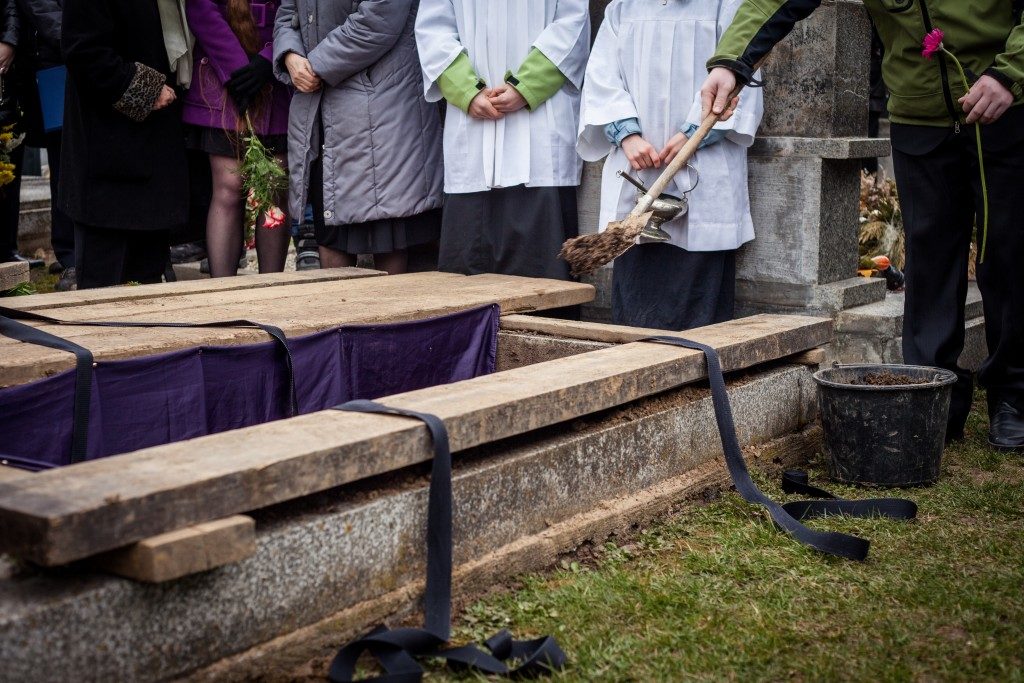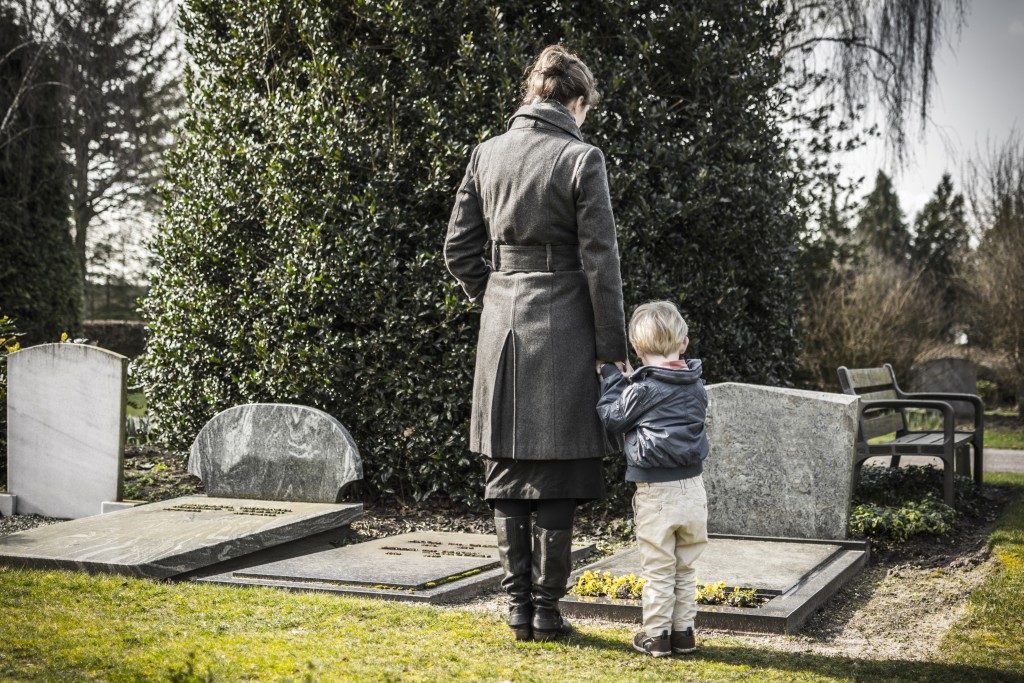There’s never a good time to deal with death in the family. Even if it’s something you have all talked about beforehand and you know it’s inevitable, the shock and grief you feel in the moment will never be dulled by preparation.
You feel several things when you hear of someone’s death, and your mind tries its best to catch up. These are just some of the things you feel and think of when someone you love passes away:
The Future
There is the pressing matter of funeral arrangements that you have to deal with as soon as you are informed of the death, but in the back of your mind, you’re also worried about the future. While you’re looking for a suitable funeral home in Clearfield, you might also be thinking about how you will go on with your life turned upside down. There’s a big chunk that will be missing from your future, which means readjustments that are more than just financial in nature.
For a spouse, the death of their partner means raising children by themselves and living in a house that’s suddenly too big with one person missing in the family. For a mother who has lost their only child, it means losing your motherhood completely. These make your mind worry, and when you’re supposed to make essential arrangements and greet everyone who has come to pay their respects, it all just feels too much.
Your Expression of Guilt
You are not heartless if you can’t seem to cry after hearing of your loved one’s death. Everyone deals with grief differently, but your mind might be worried about what everyone will think you feel. Those who have to deal with the funeral arrangements by themselves will be pushing their emotions aside for the meantime. You might not be aware that this is what you’re doing, or perhaps you are doing it on purpose because it’s too painful to admit that they have passed away. Rather than force yourself to shed fake tears, which can be perceived worse than not crying, let yourself grieve without the added burden of trying to please everyone.
Your Estranged Family
 Funerals bring together groups of people who might not be all that open to being in the same room with one another. If the deceased is equally important to all of you, it’s only natural that you will all want to pay your respects. However, a funeral is also an emotionally charged life event, which makes it easy for suppressed emotions to come to the surface. Even before everyone has arrived, your mind might already be thinking of how you can prevent fights.
Funerals bring together groups of people who might not be all that open to being in the same room with one another. If the deceased is equally important to all of you, it’s only natural that you will all want to pay your respects. However, a funeral is also an emotionally charged life event, which makes it easy for suppressed emotions to come to the surface. Even before everyone has arrived, your mind might already be thinking of how you can prevent fights.
You go through great lengths to separate quarreling members of the family, which only adds to the growing list of things you have to do for the funeral. Be kind to yourself and understand that everyone is grieving in their own way. While it will be great if you remind them that the funeral is a way to pay their respects for the deceased, know that their actions are not your fault in any way.
It’s like you can’t focus on just one thing when you’re dealing with death in the family. With all your emotions needing an outlet, and your mind trying to go about things logically, this difficult time should stress that you don’t have to do everything by yourself and that it’s okay to ask for help.










